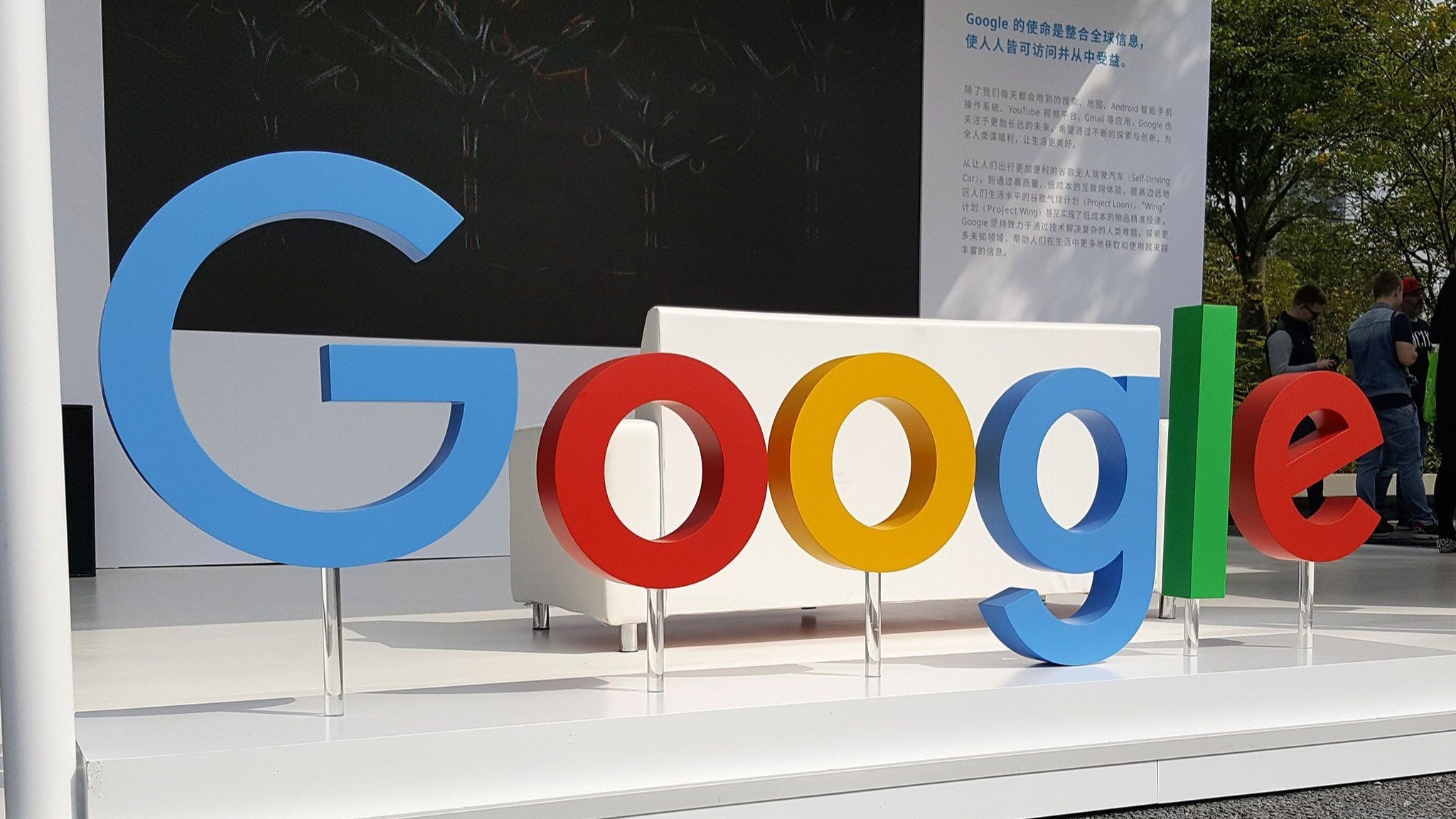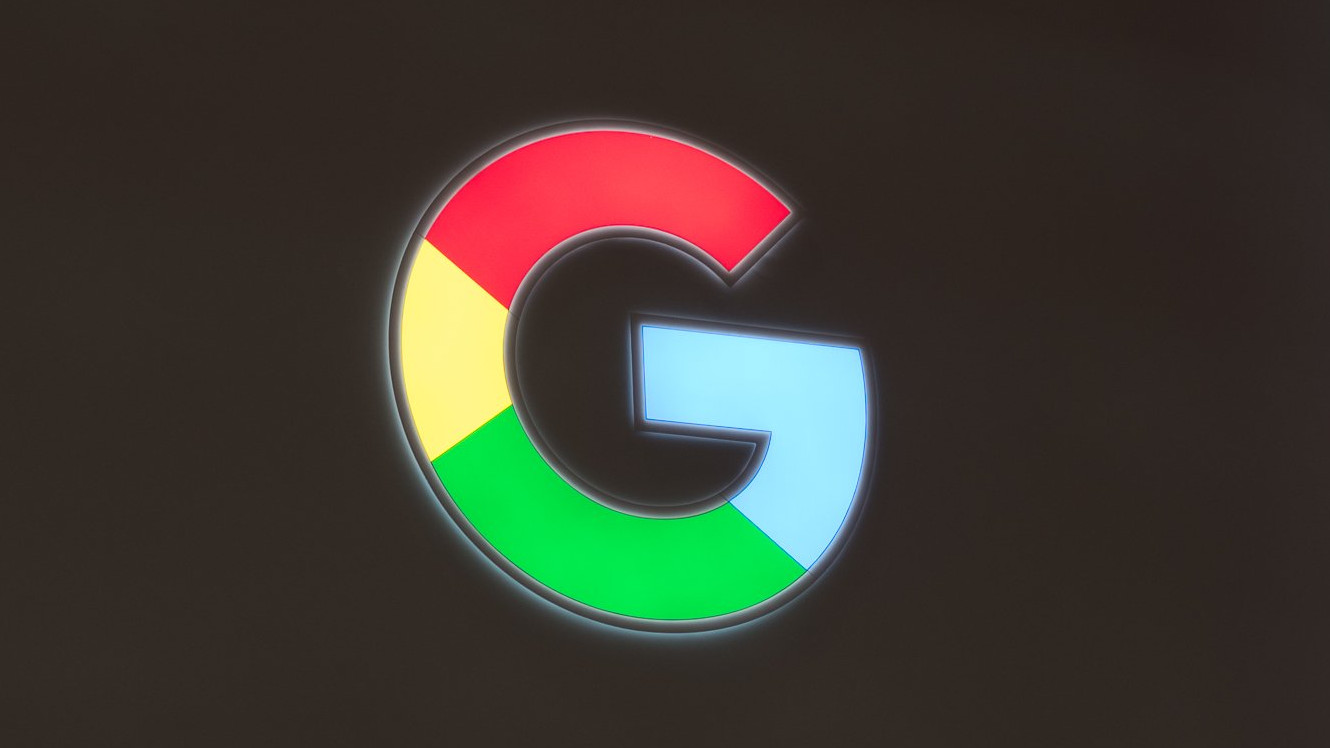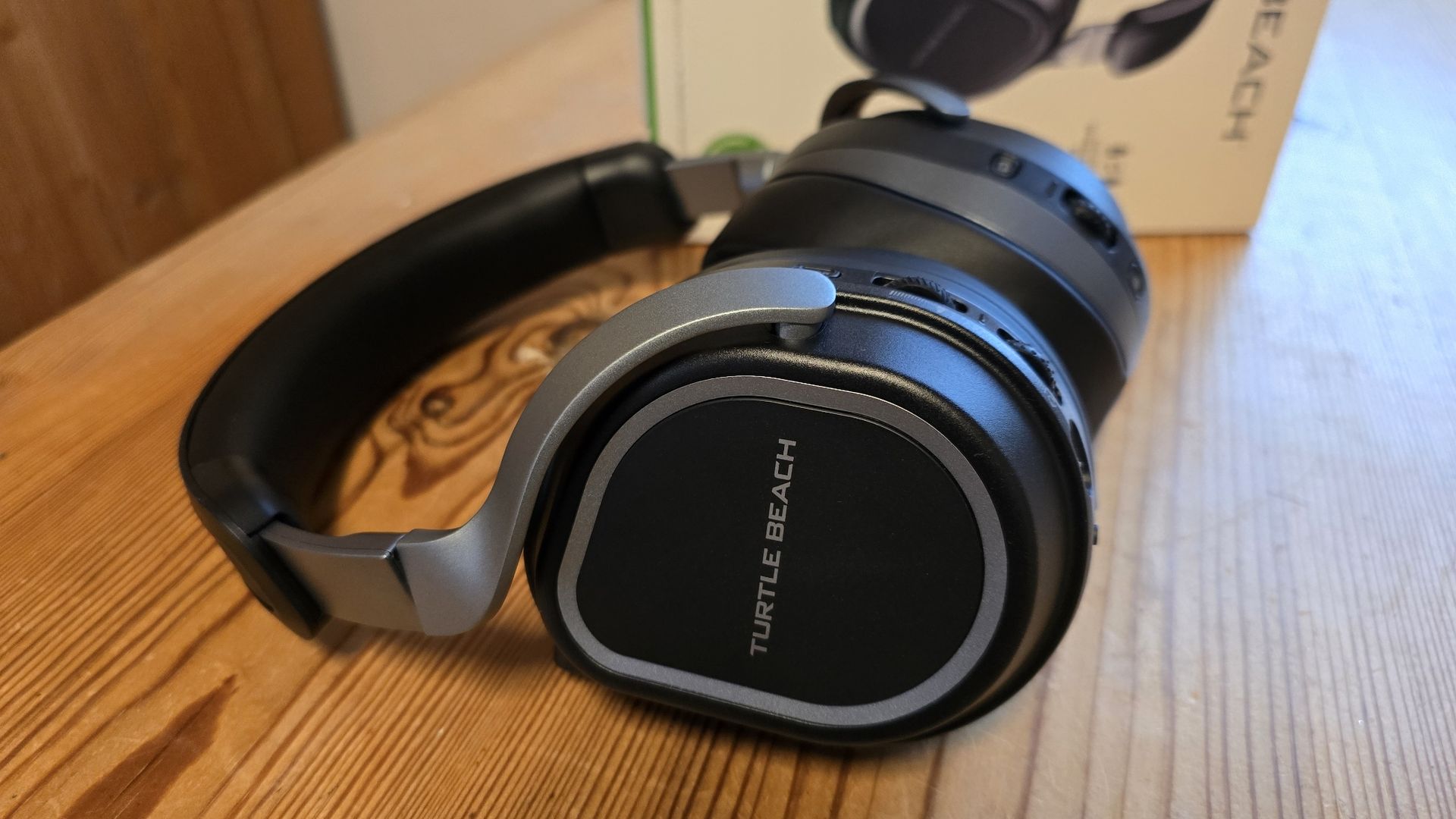Former Google CEO says, "working from home was more important than winning," leaving it with a competitive disadvantage in the race for AI domination
Google's former CEO says the company is at a competitive disadvantage in AI because of its work-from-home policy.

All the latest news, reviews, and guides for Windows and Xbox diehards.
You are now subscribed
Your newsletter sign-up was successful
What you need to know
- Google's CEO says the company's work-from-home policy leaves it with the shorter end of the stick and a competitive disadvantage against OpenAI and Anthropic in the AI race.
- The creator of Gmail recently indicated that Google lost its AI focus during the Alphabet reorg and is now centered on maintaining its search dominance.
- Google is seemingly transitioning from its 100% remote work arrangement to a hybrid model.
"Google decided that work-life balance and going home early and working from home was more important than winning," stated former Google CEO Eric Schmidt. "And the reason the startups work is because the people work like hell."
Over the past few years, Google has been considered the new kid in the block and a late bloomer in the generative AI landscape. Gmail creator Paul Buchheit recently echoed similar sentiments and indicated that the company missed its opportunity to become a leader in the category despite its vast resources, including talented staffers and broad access to data for training.
Buchheit indicated that Google veered off its AI ambitions after Alphabet reorganized it, placing CEO Sundar Pichai at the helm while the cofounders took a backseat. The company's focus shifted to maintaining its dominance in search.
And now, according to a YouTube video published on Stanford Online's channel, Schmidt blasted Google for its dismal performance in the AI space (via Business Insider). The former CEO says Google's work-from-home approach gives startups like OpenAI and Anthropic the edge and competitive advantage to consistently show greater success and growth in the relatively new field.
🎒The best Back to School deals📝
- 🎮Xbox Game Pass Core 12 Months | $42.39 at CD Keys (save $34!)
- 💻HP Victus Gaming Laptop (RTX 4050) | $599 at Walmart (save $380!)
- 📺LG 65-inch C3 OLED evo 4K TV | $1,347 @ Woot (save $1,152!)
- 🕹️No Man's Sky (PC, Steam) | $24.39 at CDKeys (save $36!)
- 📺TCL 55-inch Q6 QLED 4K TV | $319.99 at Target (save $130!)
- 🕹️Hi-Fi RUSH (PC, Steam) | $9.39 at CDKeys (save $21!)
- 📺Roku 4K Streaming Stick | $34.99 at Target (save $30!)
- 🎮Lenovo Legion Go (Z1 Extreme, 512GB) | $599.99 at Best Buy (save $100!)
Google hates the Work-from-Home culture

According to Google's former CEO:
"I'm sorry to be so blunt, but the fact of the matter is, if you all leave the university and go found a company, you're not going to let people work from home and only come in one day a week if you want to compete against the other startups."
The work-from-home approach is a relatively new phenomenon (at least for most organizations) but was broadly adopted at the height of the COVID-19 pandemic to mitigate the further spreading of the killer virus amid cessation of movement and other prevalent issues.
All the latest news, reviews, and guides for Windows and Xbox diehards.
While the COVID days are well past us, most organizations have retained the work-from-home arrangement, citing its profitability benefits by cutting operational costs and enhancing employee productivity. Some employers have new policies that propose working from the office three days a week and two days at home.
Google follows a similar model and has gradually transitioned from its 100% remote work arrangement.
Interestingly, a former Google engineer says the company has bigger fish to fry with OpenAI's new search tool — SearchGPT. According to the engineer, Google might appeal the antitrust monopolist ruling, pushing back regulation further into the horizon.
Elsewhere, Google just shipped Gemini Live at its Made by Google event to compete with OpenAI's Advanced Voice Mode. It's a new mobile conversational experience that boasts "free-flowing" conversations.

Kevin Okemwa is a seasoned tech journalist based in Nairobi, Kenya with lots of experience covering the latest trends and developments in the industry at Windows Central. With a passion for innovation and a keen eye for detail, he has written for leading publications such as OnMSFT, MakeUseOf, and Windows Report, providing insightful analysis and breaking news on everything revolving around the Microsoft ecosystem. While AFK and not busy following the ever-emerging trends in tech, you can find him exploring the world or listening to music.
